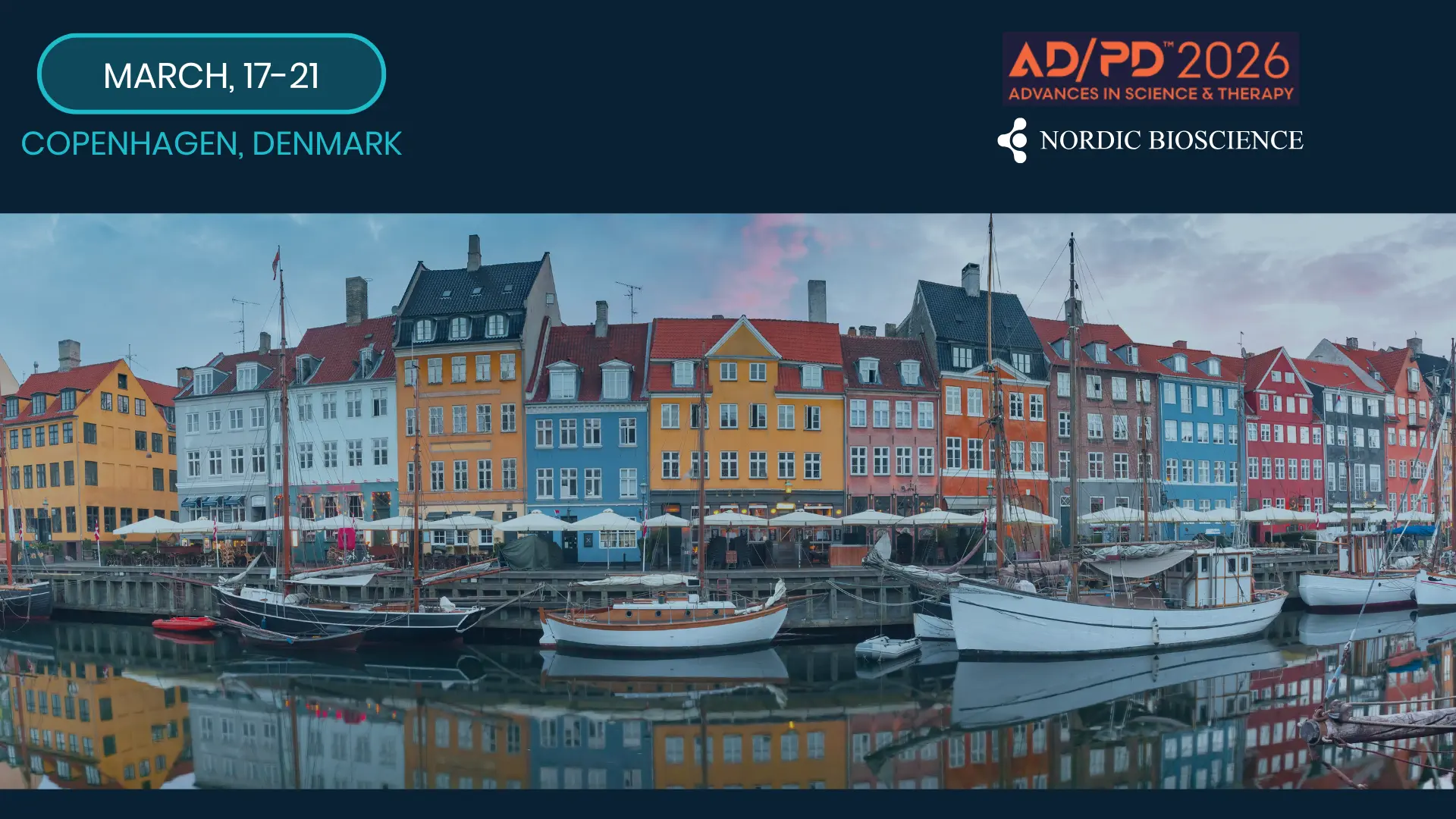Genetic and Environmental Contributions to Serological Biomarkers of Extracellular Matrix Remodeling in Asthma: A Twin Study.
Abstract
BACKGROUND
Asthma is characterized by airway obstruction driven by chronic inflammation, leading to extracellular matrix (ECM) remodeling. This involves ECM alterations, including increased collagen deposition and elastolysis, resulting in airway wall thickening and irreversible airflow limitation. Despite ECM remodeling’s known role in asthma, no reliable tools track these changes, and the genetic and environmental factors driving them remain unclear.
OBJECTIVE
This study investigated ECM remodeling in asthma by assessing 12 serological neo-epitopes related to collagen synthesis, degradation, and immune cell activity. Studying monozygotic (MZ) and dizygotic (DZ) twins, we explored genetic and environmental influences on ECM changes.
METHODS
The study included 512 individuals from 256 twin pairs (89 MZ, 167 DZ), of which 200 were healthy and 312 had asthma. An exploratory panel of 12 ECM biomarkers reflecting type III and VI collagen formation (PRO-C3, PRO-C6), turnover (PRO-C4), degradation (C3M, C4M, C4Mα3, C6M, C7M), and immune cell activity (VICM, ELP-3, ELA-HNE, CC16-HNE) was measured in serum using ELISA.
RESULTS
Asthma was linked to increased type IV collagen degradation (C4M). Airway obstruction showed decreased PRO-C6, C4Mα3, C6M, and C7M, while C4M and ELP-3 were elevated among twins. Classical twin analyses revealed genetic influence on multiple biomarkers, primarily C4Mα3, C7M, CC16-HNE, and VICM.
CONCLUSION
This study highlights ECM remodeling’s role in asthma and airway obstruction, identifying distinct biomarker profiles. Genetic factors significantly influence ECM changes, suggesting potential genetic predispositions for ECM alterations and offering insights into asthma pathogenesis and future diagnostic and therapeutic strategies.



